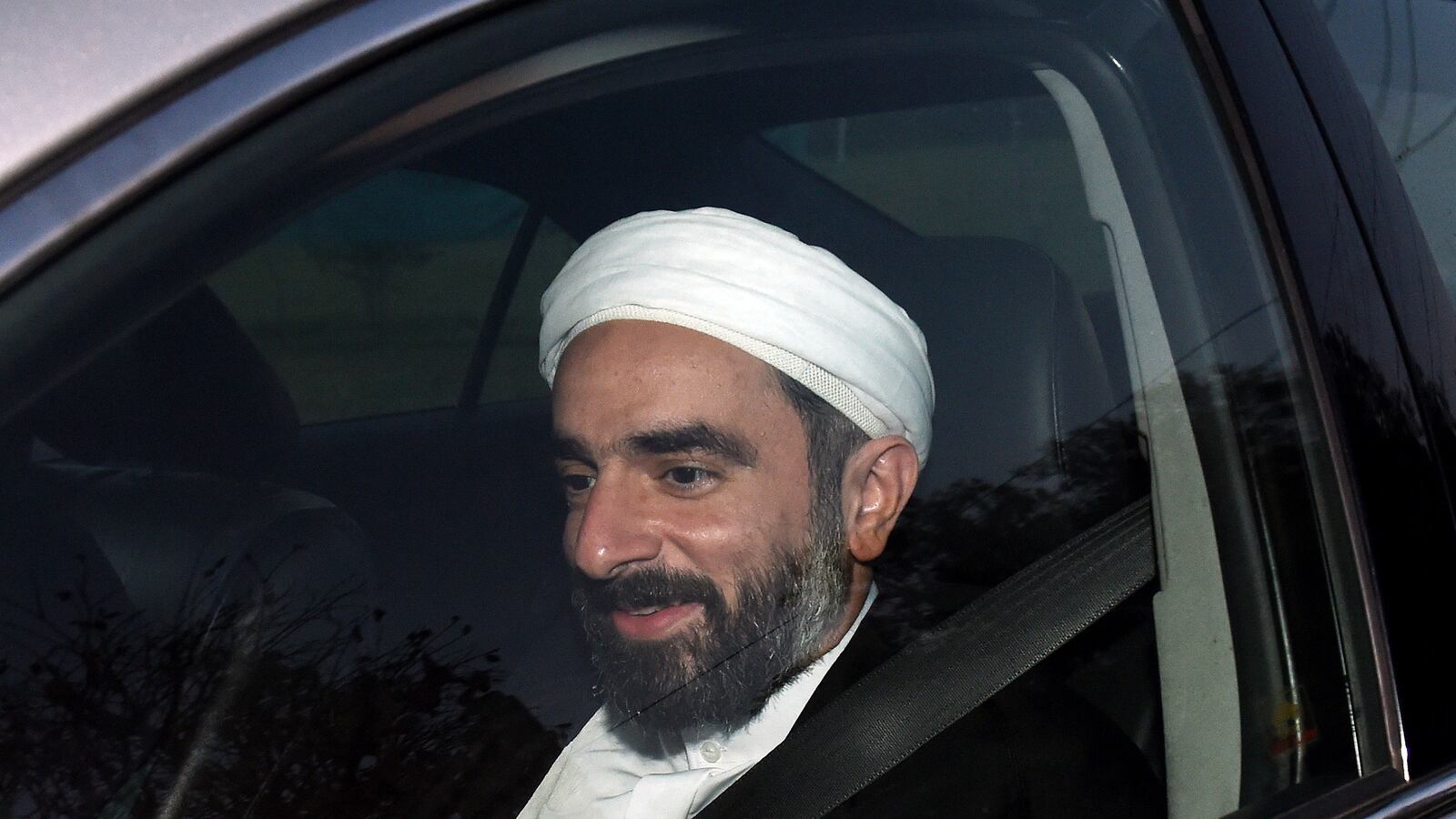Sheikh Farrokh Bahram Sekaleshfar, a Shia cleric of Iranian descent, sits opposite a reporter from the Australian TV network ABC. He is about to be kicked out of the country over his views, but he insists he played no role in the June 12 Orlando massacre.
Sekaleshfar’s name appeared in the news this week after a U.S.-born Afghan-American, Omar Mateen, shot dead 49 people and injured 53 others at Pulse, a gay nightclub in Orlando, Florida.
Sekaleshfar is on record saying that “death is the sentence” for homosexuals and that executing them is an act of “compassion,” since earthly punishment will gain them leniency in the afterlife. He has spoken on the subject at least twice in the U.S., once in 2013 at the University of Michigan, and again in April at the Husseini Islamic Center north of Orlando.
It is not clear whether Mateen was ever in Sekaleshfar’s audience, but many Americans fear that clerics like Sekaleshfar may have influenced Mateen’s attitude toward homosexuality and his decision to kill gay men.
Sekaleshfar, 43, was born in Manchester, England, but has lived in Iran in recent years. He studied at Imperial College London and is a medical doctor. According to some reports, he moved to the Iranian seminary city of Qom after his graduation in 2000 and studied Islam there.
There are also reports that Sekaleshfar delivered a speech as an “ethics scholar” at Shahid Sadoughi University of Medical Sciences in Yazd.
Sekaleshfar preached frequently at the Imam Ali Mosque in Cardiff, Wales. He also worked with a number of Iranian media outlets such as The Call of Islam Radio and Sahar TV, an international branch of the Islamic Republic Of Iran Broadcasting (IRIB). In recent years, he extended his preaching to YouTube and social networks.
Last week, just before the before the Orlando massacre, Sekaleshfar travelled to Sydney, Australia to deliver a speech at the city’s Imam Hossein Islamic Center. While he was there, local media reported his anti-gay speeches. On Tuesday night, he left Australia abruptly. The Australian government announced that his visa had been revoked.
In his interview with ABC, Sekaleshfar said he had made his comments in an academic setting, and that he regretted that they had been made public. He said he advocated the death penalty only for homosexuals who have anal sex in public in a country that abides by Islamic law.
“When does this question of death theoretically arise?” he asked the reporter. “It arises in a particular scenario that is such a small probability that I’ve never even heard of such a scenario arising in such a country, with such a mandate, where the rule of law is Islam.”
He denied that his speech could have led to the massacre.
Sydney’s Imam Hossein Islamic Center is one of the oldest Shia Islamic centers outside Iran. Like many such centers, it has relations with similar institutions inside Iran.
Sekaleshfar speaks fluent English. Shia institutions often invite him to deliver speeches. Saba Islamic Center in San Jose, California, has published a collection of his speeches. Many of his speeches are also available on YouTube, including his speech about homosexuality at the University of Michigan.
Now it appears that the Orlando massacre may force Sekaleshfar to stay out of the spotlight for a while. But for many people appalled by the horror in Florida, the bigger question is whether he will change his views.






